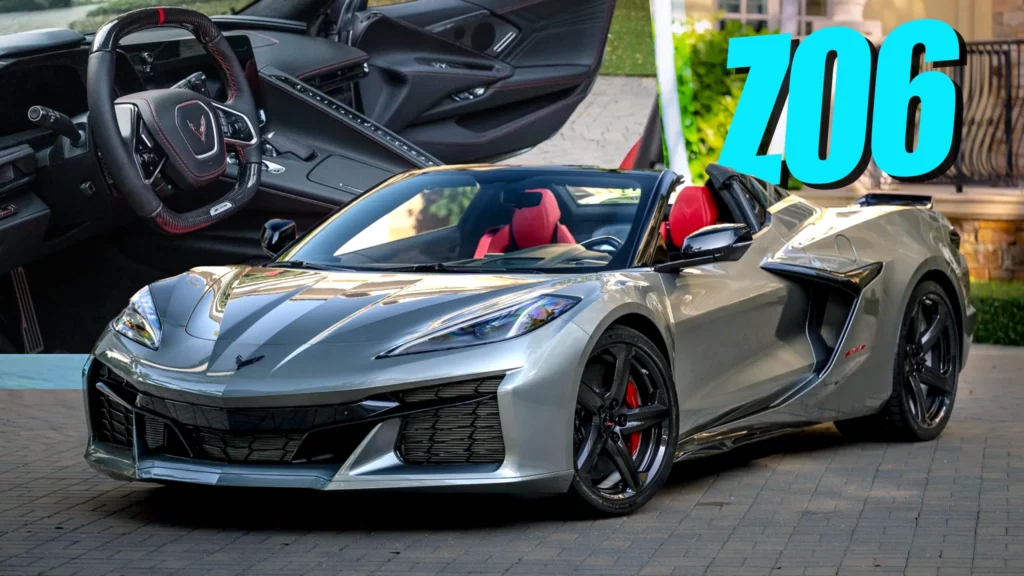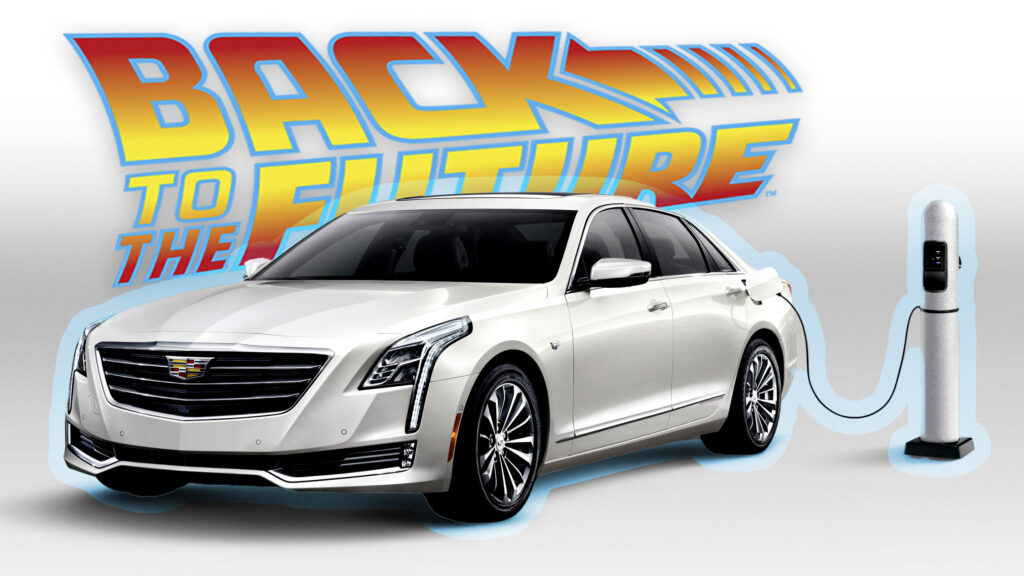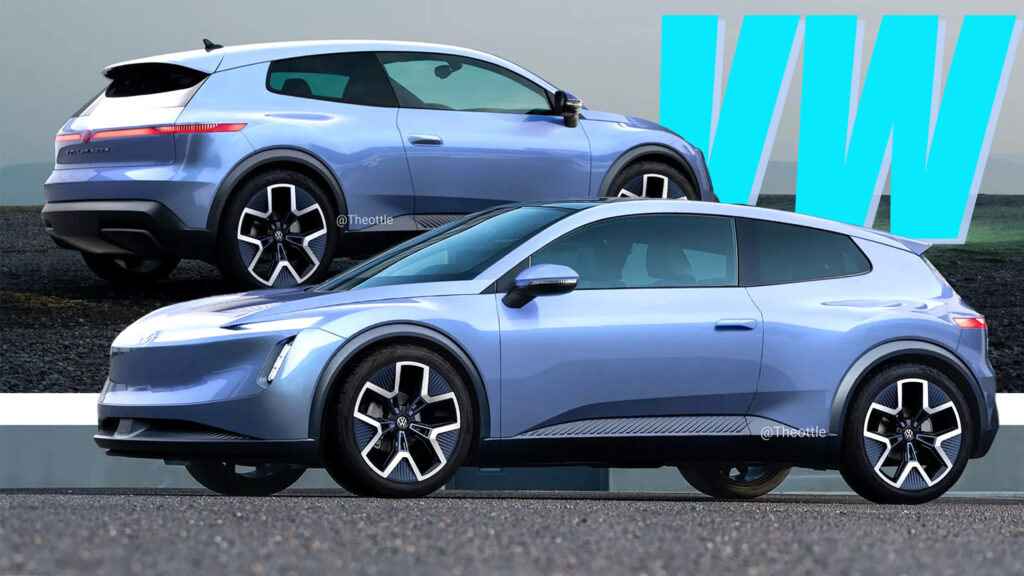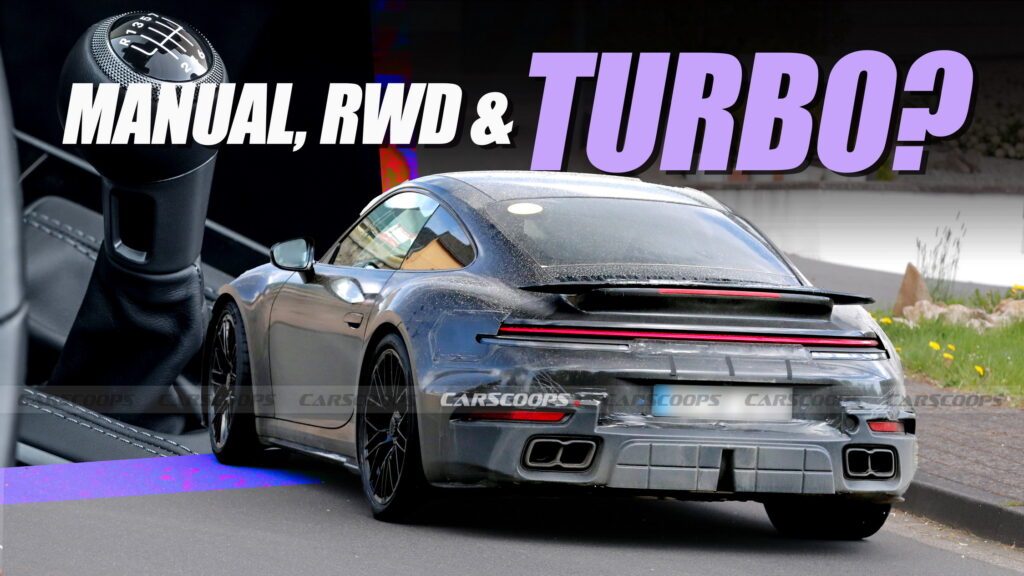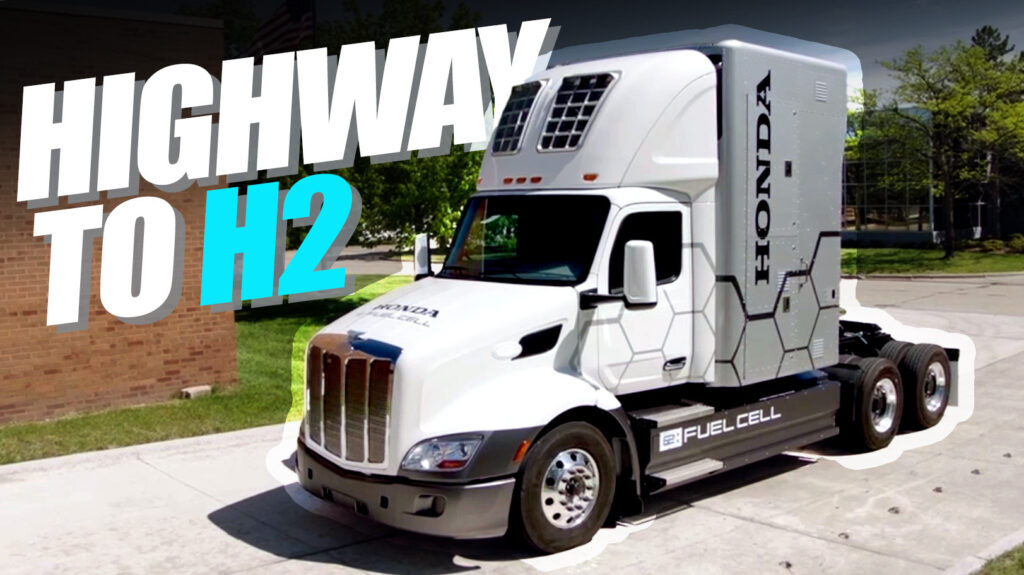- Honda has unveiled a new Class 8 hydrogen fuel cell semi concept.
- It boasts a 400-mile range when loaded and utilizes a next-generation fuel cell co-developed with GM.
- This semi truck is just one piece of Honda’s broader strategy to promote hydrogen fuel cell technology across various applications.
Honda has been working on hydrogen-powered vehicles for over a decade and is gearing up to launch the CR-V e:FCEV later this year. However, the company has grander ambitions and they’ll introduce a Class 8 hydrogen fuel cell semi concept at the Advanced Clean Transportation Expo on May 20.
Designed to drum up interest in the company’s hydrogen offerings, the concept is equipped with three fuel cells and a tank that can apparently hold 181 lbs (82 kg) of the lightest element. The semi also has a 120 kWh battery pack and this setup should enable it to travel approximately 400 miles (643 km) when pulling a 53,694 lbs (24,355 kg) trailer. That’s a lot of goods and the model has an estimated top speed of 70 mph (113 km/h).
More: Hyundai Expands Hydrogen Fuel Cell Semi Fleet Across California
Honda didn’t say much else about the semi, but noted their latest fuel cell “advances performance and doubles durability while reducing cost by two-thirds compared to the previous generation system.” The fuel cell was developed with GM and is built in Michigan at a joint venture plant with the automaker.
American Honda Motor’s assistant vice president of sustainability and business development, Ryan Harty, said “Commercial vehicles, including Class 8 trucks, where fuel cells offer the best zero-emission replacement for existing diesel applications, are a key part of Honda’s broad hydrogen business strategy. Honda is actively seeking business collaborations and customers to help bring these hydrogen fuel cell solutions to market here in North America.”
Speaking of which, the company also wants to see hydrogen used in construction equipment, power stations, and passenger vehicles like the aforementioned CR-V e:FCEV. This is part of the company’s goal of having “battery-electric and fuel cell electric vehicles represent 100% of auto sales in the U.S. and globally by 2040.”



